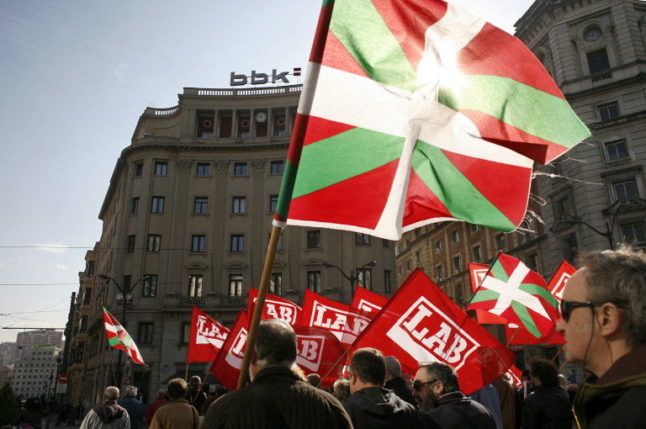Self-employed truckers have since March 14th been on strike, blocking roads and staging picket lines that have caused shortages of foodstuffs such as rice, flour, eggs and dairy products.
On March 25th, the government offered a rebate and a onetime cash payment to end the stoppage.
Although hauliers represented by the Road Transport Defence Platform rejected the offer as insufficient and vowed to continue their strike, it has since lost momentum.
At a gathering outside a petrol station near Madrid on Saturday, they agreed to pause their action, with spokesman Manuel Hernandez insisting it was only a temporary suspension and not a cancellation of the strike, Spain’s RTVE public television said.
Spain has been struggling with a wave of social unrest over runaway inflation and rising prices, which have been worsened by Russia’s invasion of Ukraine, with lorry drivers striking, production stoppages and mass protests by farmers and fishermen.
Earlier this week, the government also unveiled plans to offer 16 billion euros ($17.5 billion) in direct aid and loans for families and companies hit by the impact of the war.
In March, Spain’s inflation rate hit a 37-year high, jumping to 9.8 percent up from 7.6 percent in February.
READ MORE:



 Please whitelist us to continue reading.
Please whitelist us to continue reading.
Member comments